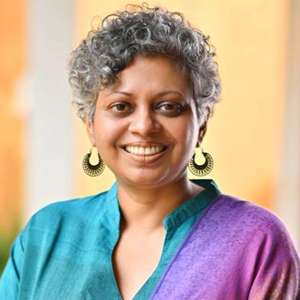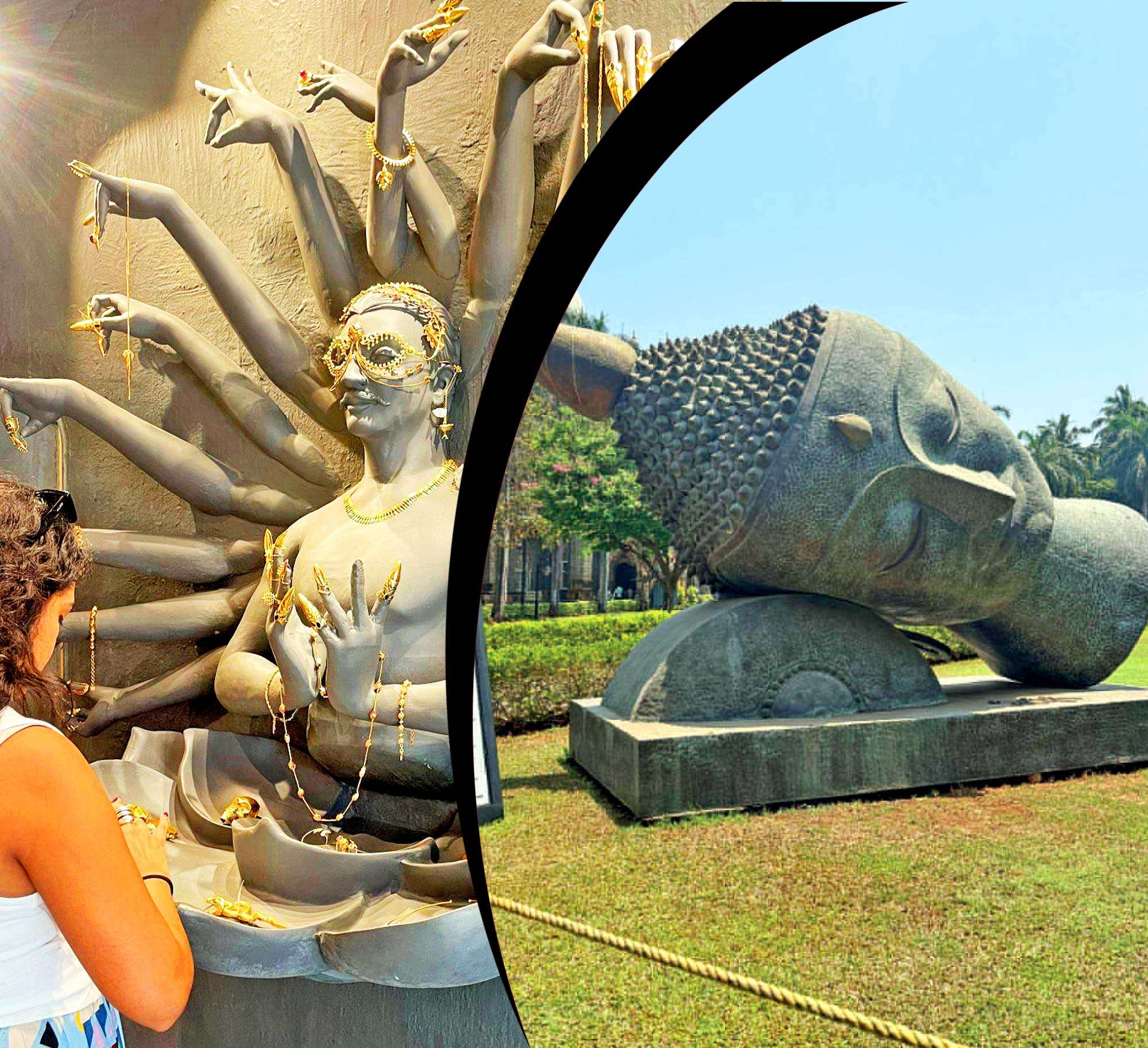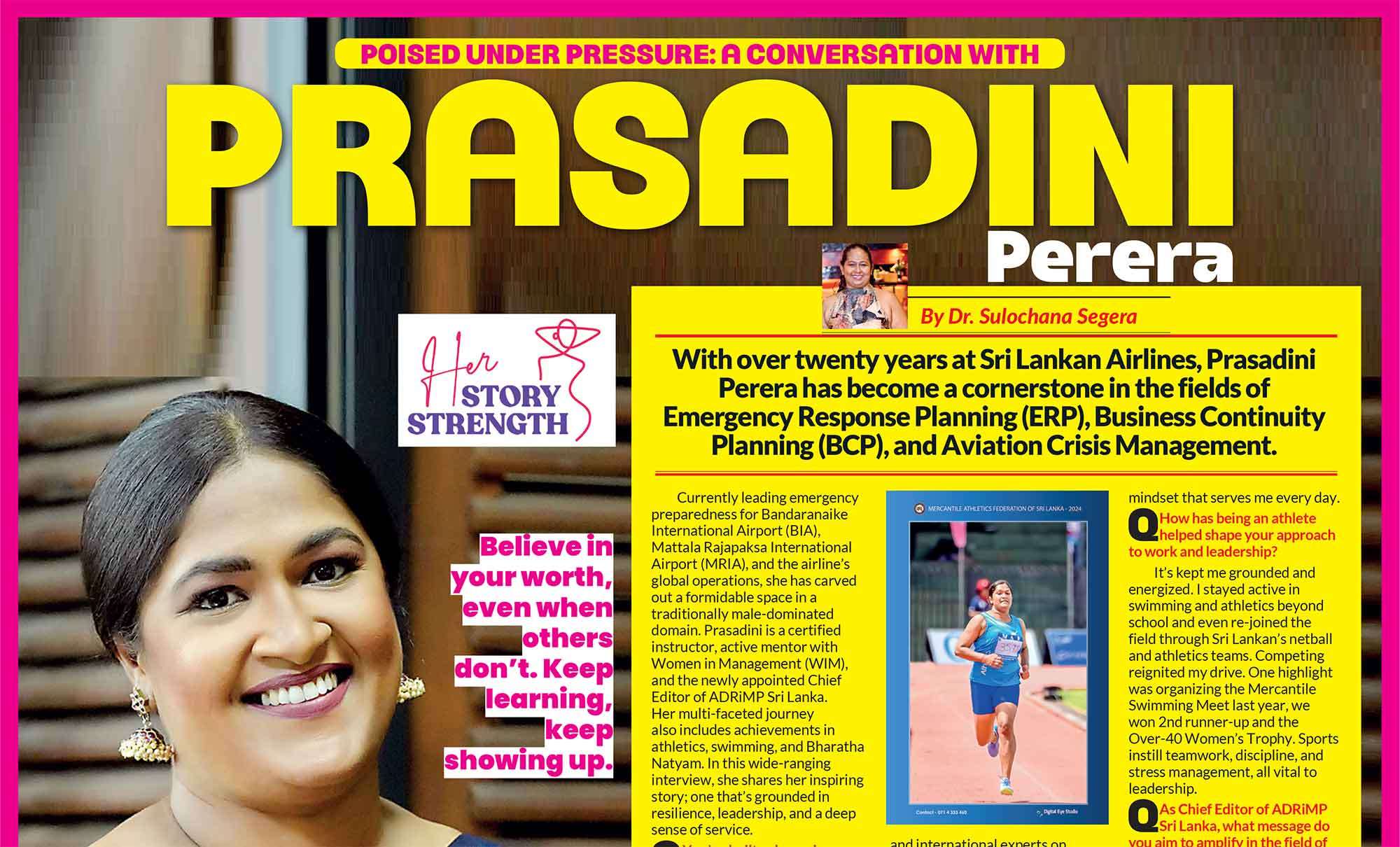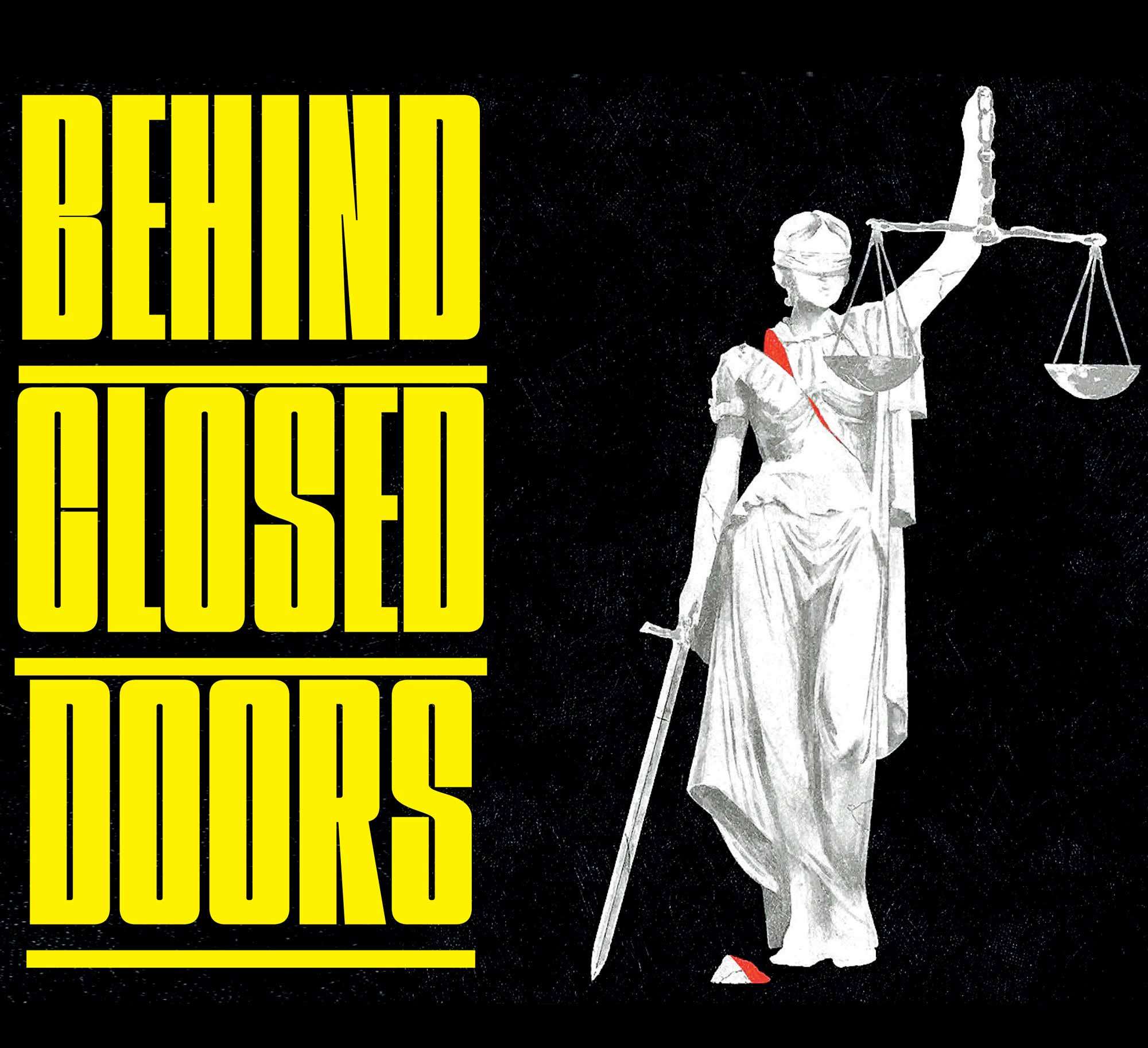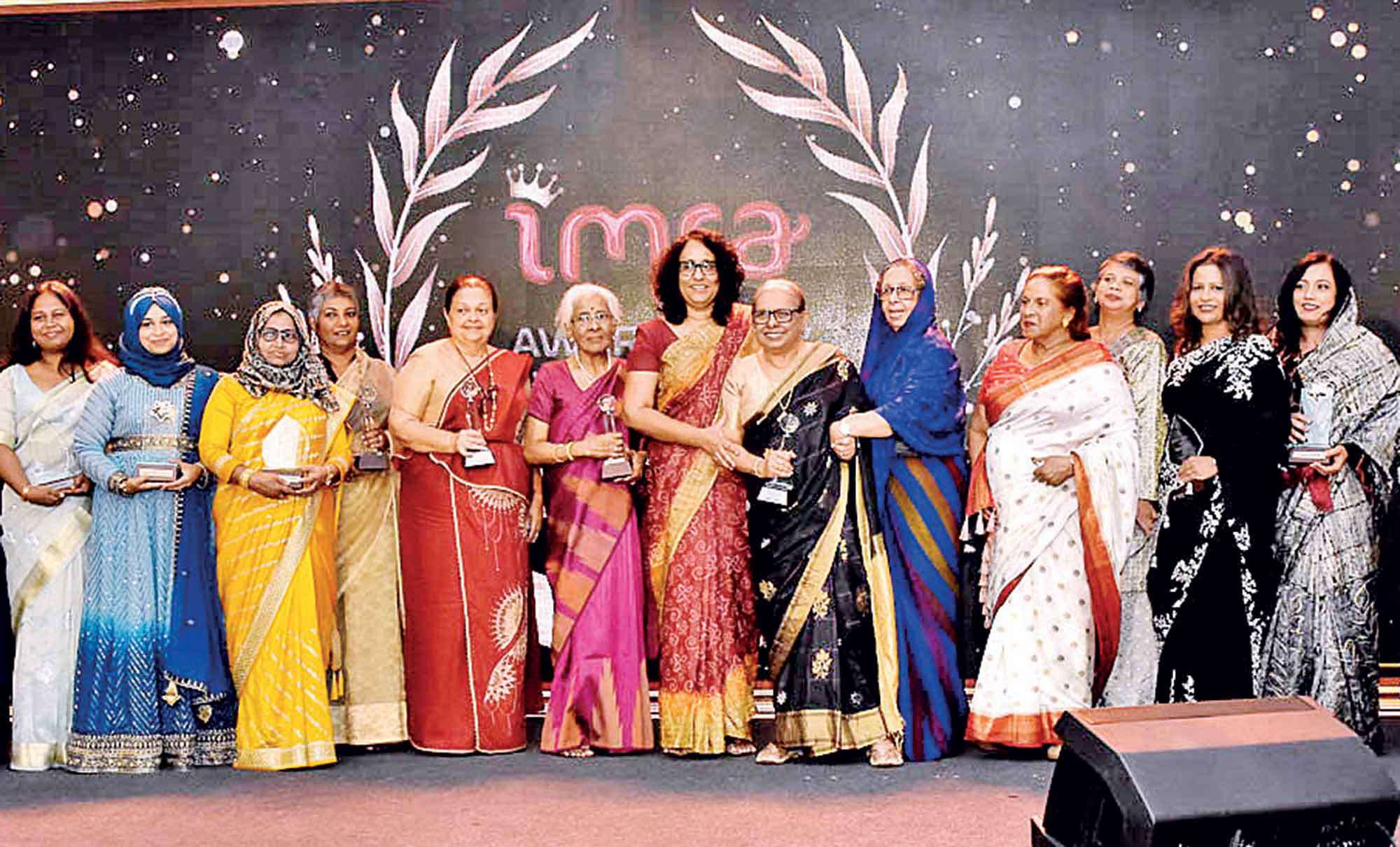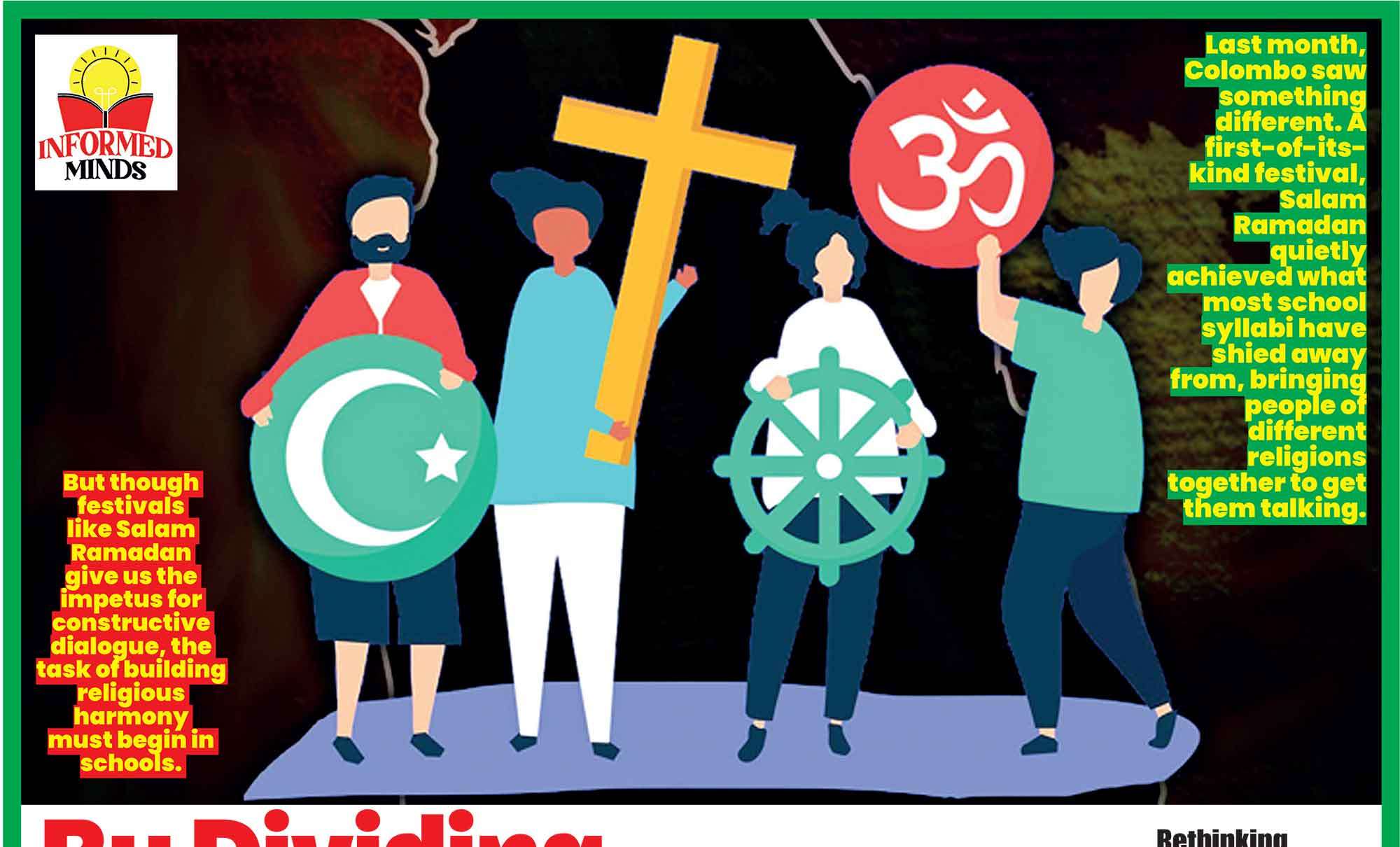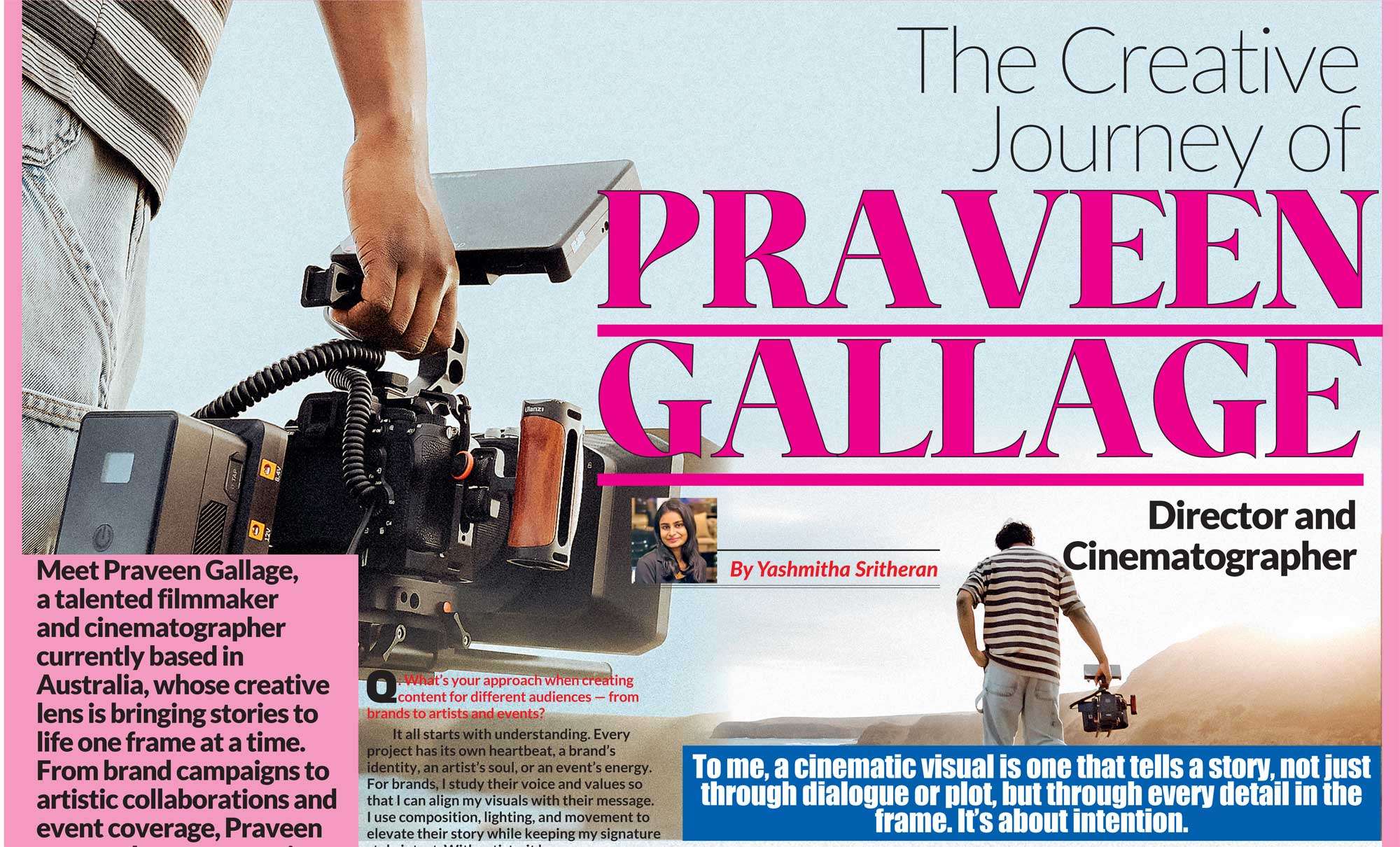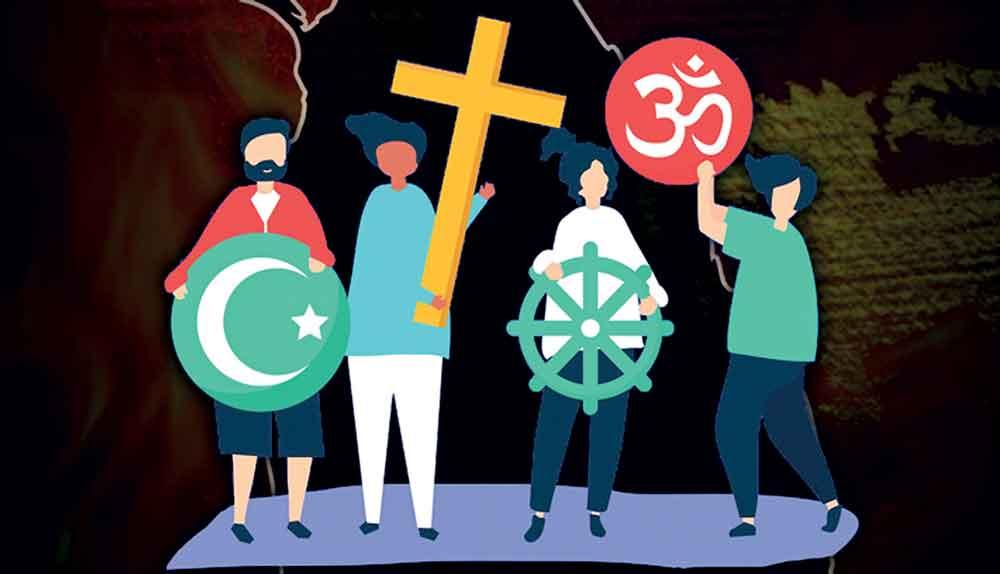
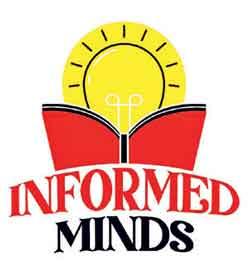 Sri Lanka’s geo-strategic location in the Indian Ocean has over the centuries given it a diverse ethnic makeup. Today, we fancy ourselves to be a multicultural utopia, and refer proudly to our multicultural heritage where Buddhists, Hindus, Christians, and Muslims live side by side. We have temples, churches, kovils, and mosques all along the same street, festivals every second month, and a flag that tries its best to encompass us all! And yet, ask a school child what they know about another religion (or their own, for that matter!), and you end up with a blank face, a “no clue” shrug of the shoulders, a memorised textbook answer, or worse still, a stereotype. The uncomfortable truth is that we are not raising our kids to be curious about differences; instead, we are raising them to avoid it. Whether we like to hear it or not, our society is deeply divided, and these divisions begin not in parliament or in politics, but in our schools.
Sri Lanka’s geo-strategic location in the Indian Ocean has over the centuries given it a diverse ethnic makeup. Today, we fancy ourselves to be a multicultural utopia, and refer proudly to our multicultural heritage where Buddhists, Hindus, Christians, and Muslims live side by side. We have temples, churches, kovils, and mosques all along the same street, festivals every second month, and a flag that tries its best to encompass us all! And yet, ask a school child what they know about another religion (or their own, for that matter!), and you end up with a blank face, a “no clue” shrug of the shoulders, a memorised textbook answer, or worse still, a stereotype. The uncomfortable truth is that we are not raising our kids to be curious about differences; instead, we are raising them to avoid it. Whether we like to hear it or not, our society is deeply divided, and these divisions begin not in parliament or in politics, but in our schools.
But though festivals like Salam Ramadan give us the impetus for constructive dialogue, the task of building religious harmony must begin in schools.
Where it all starts.
From an early age, Sri Lankan children are educated within religious silos. Buddhist children attend Buddhist schools, Muslim kids go to Muslim schools, and Hindus, Christians and Catholics follow suit. When children attend schools that accept students from different religious backgrounds, they are separated for prayers or religious studies. In these separate spaces, children grow up with little interaction on the subject of religion with their peers from other faiths, and often absorbing only one version of history, culture, and community. What begins as religious education ends up fostering religious segregation and ignorance, which in turn divides communities on the basis that “we don’t know them, so let’s just stick to our own.”
Rethinking Segregation: A Call to Action for Parents and Society!
Festivals such as Salam Ramadan clearly have the ability to build bridges between communities. Nearly every visitor to the festival, Muslim, and Non-Muslim alike, approached one of the organisers and expressed their thanks and gratitude for initiating the event, proving beyond any doubt that there is a genuine need and desire to foster tolerance, understanding and reconciliation amongst all Sri Lankans. But though festivals like Salam Ramadan give us the impetus for constructive dialogue, the task of building religious harmony must begin in schools. If we are serious about developing a generation of people who believe in unity, we have to move away from segregated religious education into more integrated and inclusive models. Inter-religious dialogue needs to be part of everyday education, where children can study the beliefs, values, and practices of every world religion - not for conversion, but for understanding. When children learn about religion together, they begin to see the similarities of compassion, respect, and humanity, while appreciating the beauty of their differences. This kind of early exposure dissipates stereotypes and replaces fear with empathy. Inter-religious understanding among communities is imperative if we are to achieve lasting peace in Sri Lanka. For far too long, ignorance and separation have bred mistrust and polarization. True reconciliation and national unity cannot be built on parallel lives and mutual suspicion. They must be founded on knowledge, dialogue, and a genuine appreciation of one another. If we do not transform our classrooms - through curriculum, teacher training, and cultural exchanges, we will pass on the same divisions that resulted in strife in our island to the next generation. Peace is not a policy or a prayer - it is something we must teach, model, and live, starting with our children.
Last month, Colombo saw something different. A first-of-its-kind festival, Salam Ramadan quietly achieved what most school syllabi have shied away from, bringing people of different religions together to get them talking.
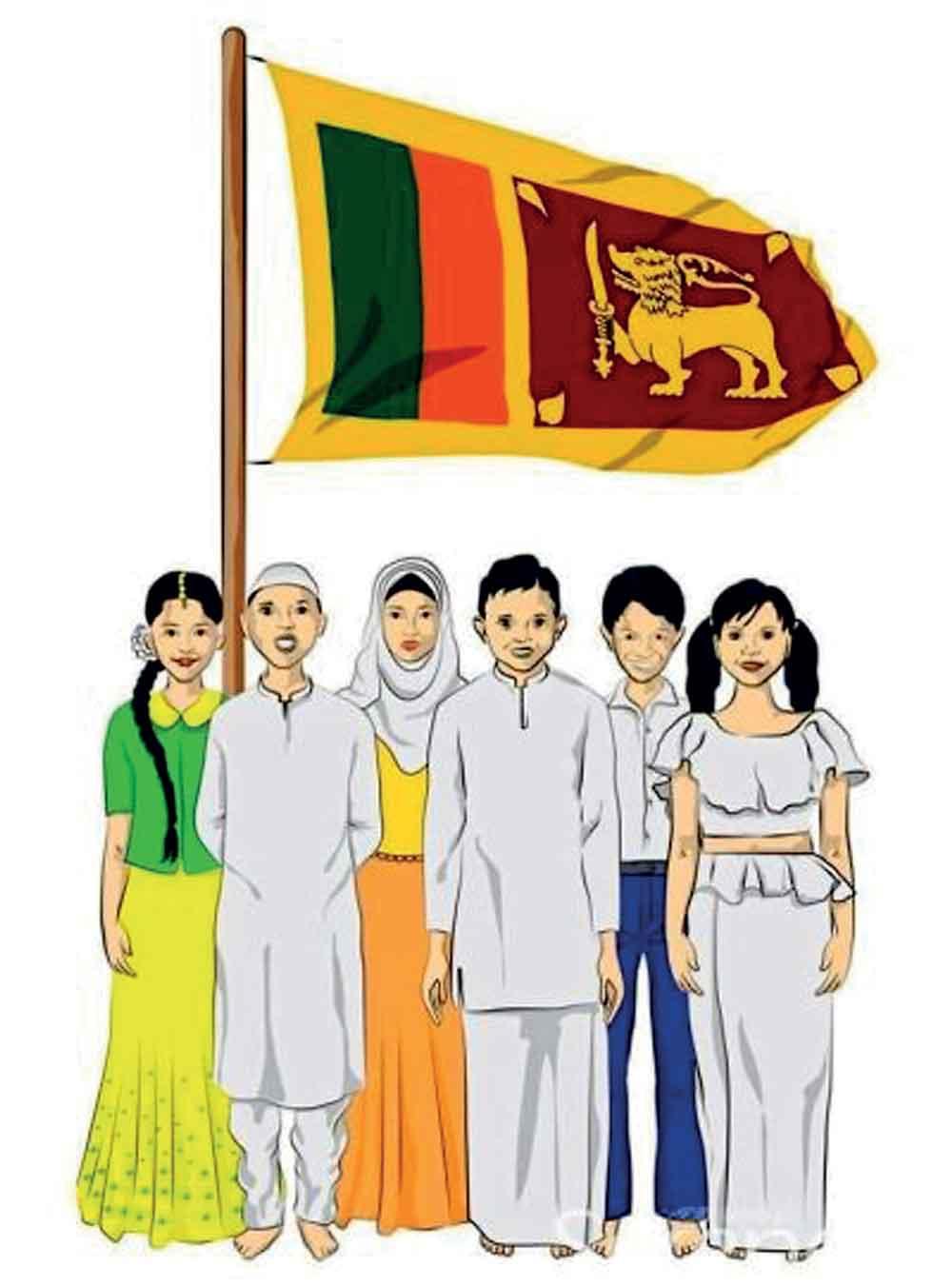 There were interfaith conversations between teenagers about what fasting feels like, with non-Muslim children asking why some women wear hijab, why halal matters, and what Ramadan really stands for.
There were interfaith conversations between teenagers about what fasting feels like, with non-Muslim children asking why some women wear hijab, why halal matters, and what Ramadan really stands for.
Salam Ramadan
Last month, Colombo saw something different. A first-of-its-kind festival, Salam Ramadan quietly achieved what most school syllabi have shied away from, bringing people of different religions together to get them talking. Designed to be open, inclusive, and educational, Salam Ramadan welcomed people from all religious and ethnic backgrounds to experience Islamic culture first hand. At a glance, it was a cultural event with the traditional music, food stalls, lights, symbols, storytelling, and the breaking of fast. But a closer look revealed Muslim, Buddhist, Christian, Catholic, and Hindu kids alike exploring Muslim heritage for the first time. There were interfaith conversations between teenagers about what fasting feels like, with non-Muslim children asking why some women wear hijab, why halal matters, and what Ramadan really stands for. There was surprise too when the answers did not match the myths! Salam Ramadan was not just about celebrating a festival during a holy month. It was about creating space for dialogue, understanding, and unlearning; three key aspects of social integration that are sorely lacking in our conventional schooling. For the first time in Sri Lanka’s history, all four Muslim communities - Moors, Malays, Memons, and Dawoodi Bohras, came together to, not only challenge how others see them, but also how they see each other, proving that real change starts with listening.
We (Muslims) are a diverse community that is comprised of four ethnic groups; we have the Sri Lankan Moors, Sri Lankan Memons, Sri Lankan Malays and the Sri Lankan Dawoodi Bohras, all of whom have had a lasting impact on the social fabric of Sri Lanka by adding their own distinctive flavour to our country’s diverse cultural melting pot. Our hope is that all Sri Lankans are able to discover the spirit of brotherhood and fellowship through initiatives like ‘Salam Ramadan’.
Hon. Hanif Yusoof, Governor Western Province of Sri Lanka
Inter-religious understanding among communities is imperative if we are to achieve lasting peace in Sri Lanka.

